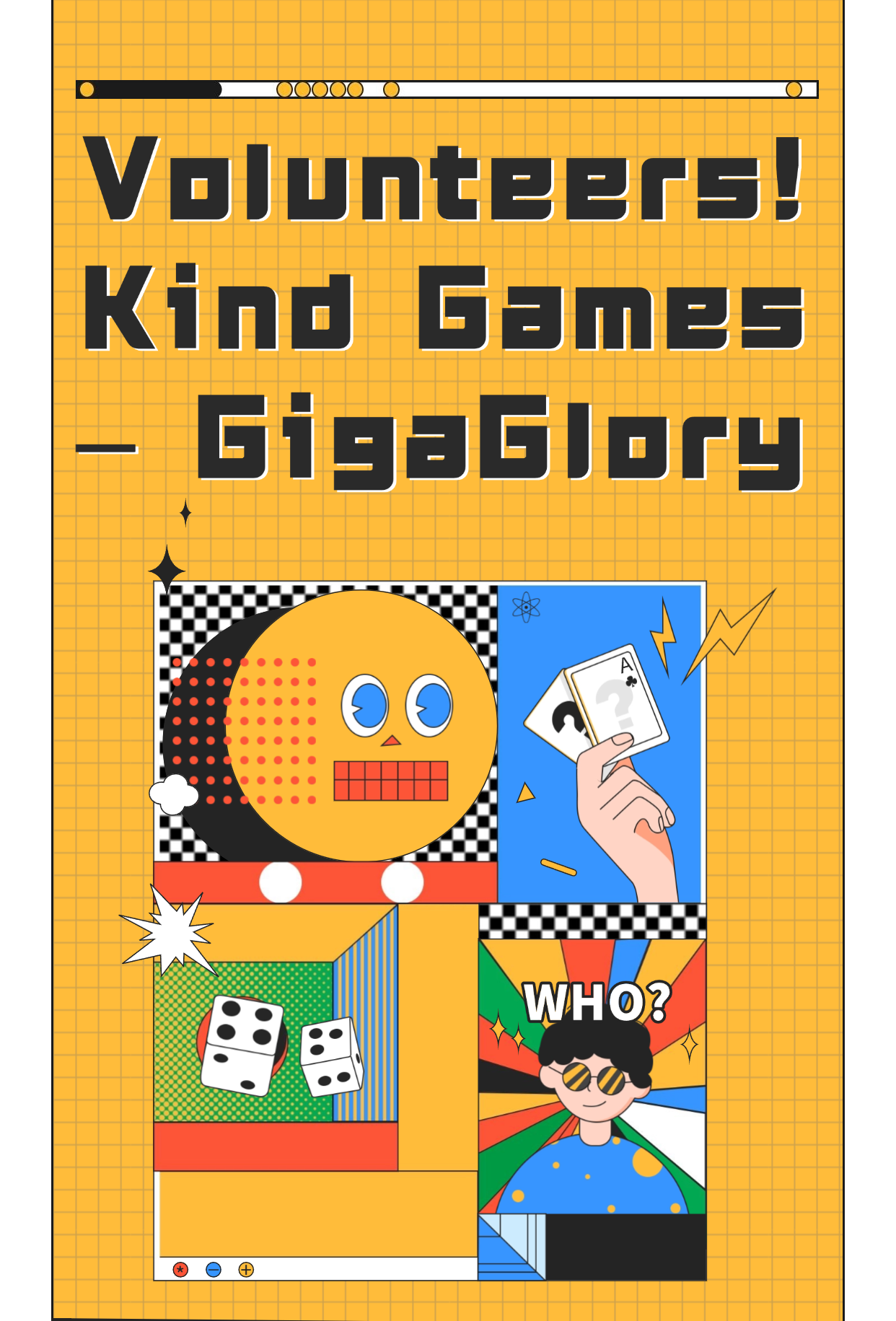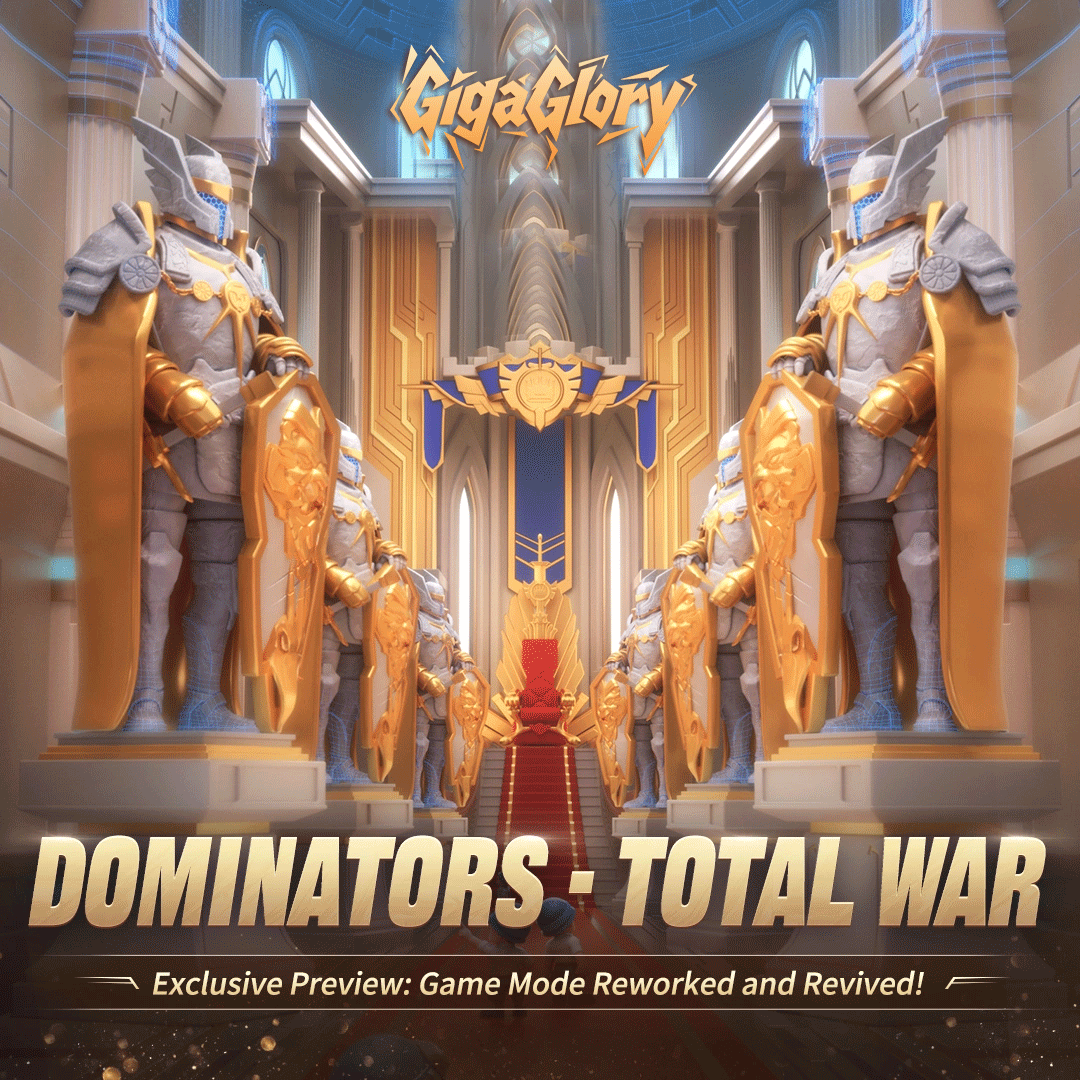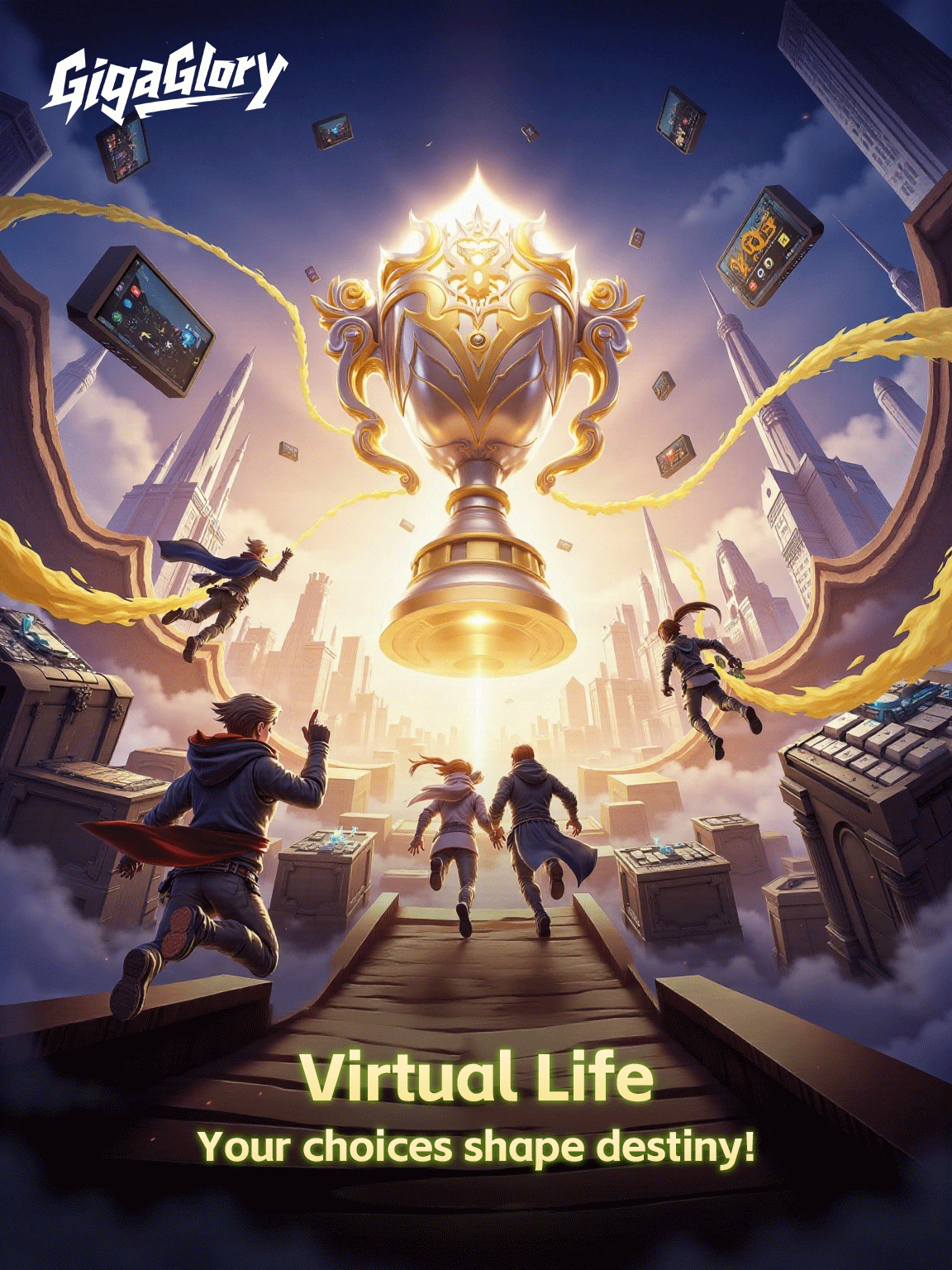Unlocking Imagination: How Simulation Games Inspire Creativity in Players
The Rise of Simulation Games
Simulation games have gained immense popularity in recent years. They allow players to engage in various scenarios that mimic reality. These games challenge players to use their creativity and strategic thinking, crafting an experience far beyond mere entertainment.
Defining Simulation Games
At its core, a simulation game is designed to closely imitate real-life systems. This can range from building cities to managing entire ecosystems. By actively participating, players unlock parts of their imagination that might otherwise remain dormant.
The Creative Potential of Players
One significant aspect of simulation games is their ability to inspire creativity. Players don’t just follow paths determined by developers; they create, innovate, and explore. This aspect often connects to community aspects as players share their creations with others.
Exploring Different Types of Simulation Games
From city management to life simulations, simulation games come in many forms:
- City Builders
- Life Simulators
- Driving Simulators
- Flight Simulators
- Role-Playing Games (RPGs)
How Simulation Games Encourage Creative Thinking
Many simulation games prompt players to solve problems creatively. For instance, in a tycoon game, players must figure out how to expand their businesses effectively. Such problem-solving exercises help sharpen their creative thinking skills.
Best Story Games with Bad Gameplay
Interestingly, some of the best story-driven games might not excel in gameplay mechanics. Here’s a list of few where the narrative shines while the gameplay may falter:
| Game Title | Notable Story Elements | Gameplay Drawbacks |
|---|---|---|
| Virginia | Mystery and Intrigue | Limited player control |
| The Beginner's Guide | Self-Reflection Themes | Static gameplay |
| Hotel Dusk | Engaging Characters | Puzzles can be unintuitive |
RPGs and their Unique Creativity Aspects
RPGs, particularly those incorporating adult themes like rpg sex games, push boundaries regarding storytelling and player freedom. Such games may offer a wide array of character customization and narrative choices, allowing for profound engagement.
Community and Sharing in Simulation Games
The community aspect of simulation games cannot be understated. Platforms like Steam and forums enable players to share their creations. This shared experience fosters an environment where creativity thrives.
The Impact of Graphics and Environment Design
Graphics and environment design play a crucial role in inspiring imagination. Immersive environments can transport players into fantastical worlds, enhancing their creative experience.
The Relationship Between Creativity and Game Mechanics
Game mechanics define how players interact within the game. Creative game mechanics can significantly influence how players approach problem-solving and creative expression.
Education and Simulation Games
Interestingly, simulation games are now being utilized in educational settings. By replicating real-world challenges, these games promote critical and creative thinking skills, making learning an engaging experience.
Challenges and Critiques of Simulation Games
While simulation games offer vast creative outlets, they're not without their critiques. Some argue that they can lead to overindulgence. Others point out that they might not provide adequate rewards for creative endeavors.
Future of Simulation Games and Creativity
Looking towards the future, simulation games are expected to evolve and adopt emerging technologies like VR. This evolution could further enhance the creative experiences offered to players.
Conclusion
In summary, simulation games have emerged as powerful tools in igniting creativity among players. From the various genres available to their unique storytelling methods, these games are more than mere pastimes. They encourage players to explore, create, and engage their imaginations, leading to an enriched gaming experience.



